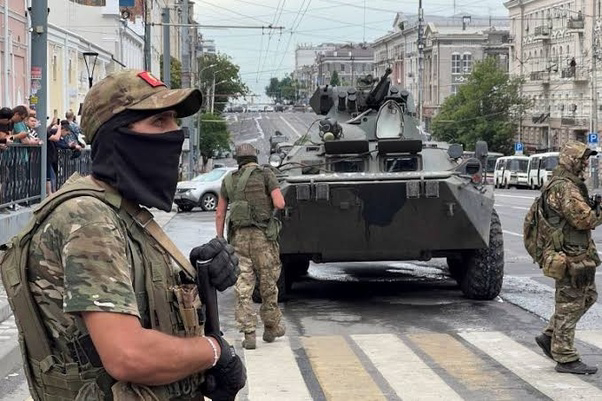Is there any real chance that Putin will be overthrown, or is that just talk?
Is there any real chance that Putin will be overthrown, or is that just talk? The possibility of Putin being overthrown has been a topic of intense speculation, particularly since the invasion of Ukraine, but any realistic chance of this happening remains complex and unlikely, at least in the immediate future. Here’s a breakdown of why:
Control over Political Institutions:
Putin has spent decades consolidating power, deeply embedding loyalists within Russia’s government, military, and security services. These institutions are structured to prevent internal threats to his leadership. The military, FSB (Federal Security Service), and other agencies have a vested interest in maintaining his regime because many of their leaders owe their positions and influence directly to Putin.
Public Perception and Media Control:
The Russian state maintains strict control over media, heavily shaping public opinion. This control has allowed Putin to maintain a significant level of support by framing his actions, particularly in Ukraine, as defensive or necessary for Russia’s security. Independent media outlets have largely been shut down or are under extreme censorship, making organized dissent challenging.
Oligarchic Loyalty and Economic Interests:
Russia’s oligarchs benefit from the current system, despite the negative impacts of international sanctions. While some express discontent privately, they typically lack the unity or motivation to act against Putin directly, as they risk losing their wealth or facing retribution. Economic sanctions haven’t caused enough pain to provoke a significant elite defection so far.
Lack of Organized Opposition:
The Russian opposition has been systematically weakened over the years. High-profile opposition leaders, like Alexei Navalny, have been imprisoned or exiled. Others face constant surveillance and threats, making organized political resistance difficult to sustain.
Risk of Internal Upheaval:
Some analysts believe that if things worsen domestically—say, if the war in Ukraine goes disastrously or if economic conditions sharply decline—a significant uprising could develop. However, historical precedent shows that Russian leaders tend to withstand considerable domestic strain before losing power, and Putin has shown a willingness to use force to quell dissent.
Concerns within Military and Security Apparatus:
The military’s recent challenges and dissatisfaction could hypothetically pose a risk. The Wagner Group’s brief mutiny led by Yevgeny Prigozhin revealed some fractures, though it was contained and didn’t lead to broader unrest. Still, discontent within certain factions, if coupled with a severe crisis, could become destabilizing.
While a sudden, forced transition is unlikely, gradual erosion of support or pressure from within Putin’s circle remains possible. But for now, the risk of an overthrow or abrupt end to Putin’s rule remains low barring an extraordinary internal crisis.


